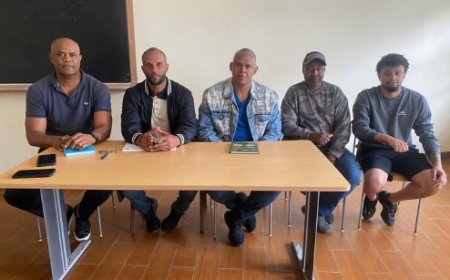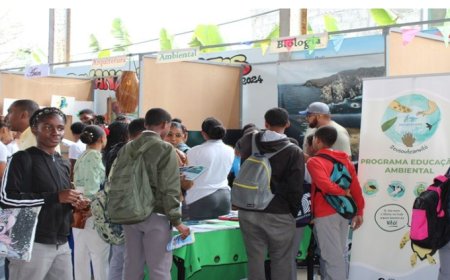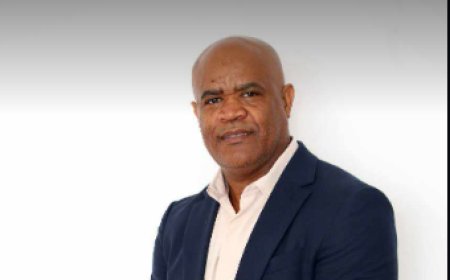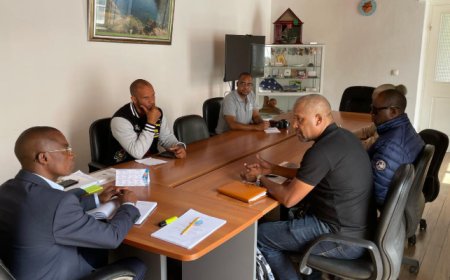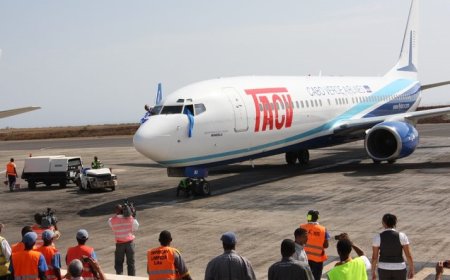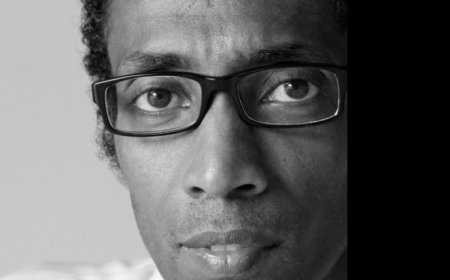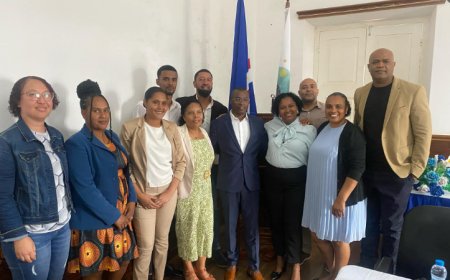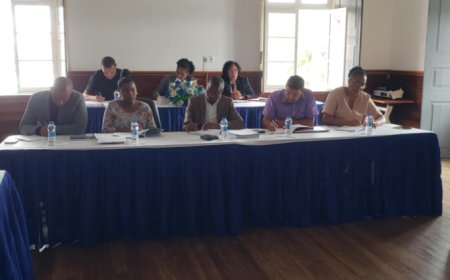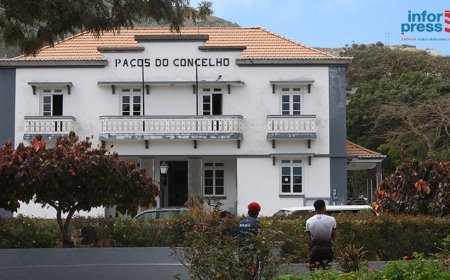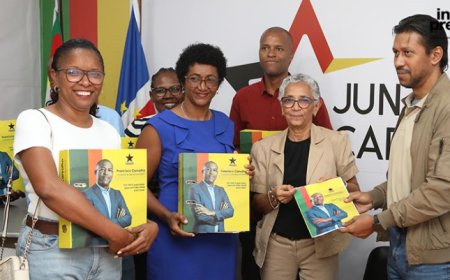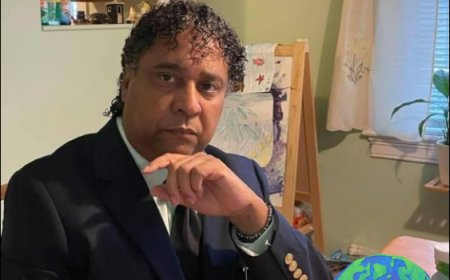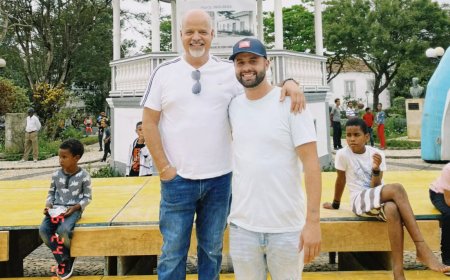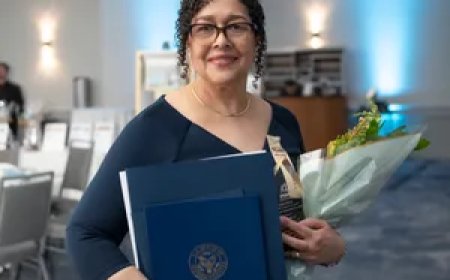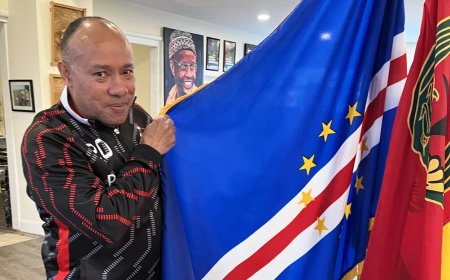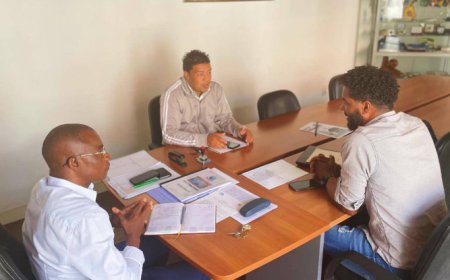Good example of Águabrava motivates the choice of Fogo for a journey of reflection – says minister
The choice of the island of Fogo for the first day of reflection on the challenges and solutions for water and sanitation management is due to the good example of the company Águabrava, said the Minister of Agriculture and Environment today.
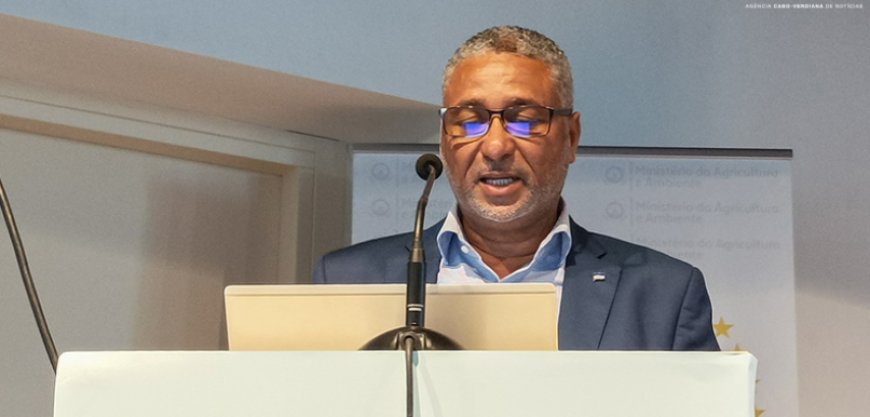
Gilberto Silva, who spoke at the opening ceremony of the day, said that the objective is to provide an opportunity for joint reflection on the major challenges and perspectives of the water and sanitation sector, to share experiences and good practices between management entities, having taken advantage of the opportunity to also present the latest Annual Report on Water and Sanitation Services (RASAS).
“We have carried out major reforms, both within the governance of the water and sanitation sectors”, said Gilberto Silva, highlighting the creation of companies and entities managing water and sanitation, in a kind of business implementation of the sector.
According to him, in this field the island of Fogo has been an example, because many management entities are being created, inspired by Águabrava itself, which was the first experience of intermunicipalization of services and entrepreneurship at the same time, which is why, he explained, he chose Go to Fogo for this meeting to share experiences, discuss and reflect on the water supply system, the issue of water management and water resources.
The Minister of Agriculture and Environment referred to the gains obtained in both sectors, but pointed out that there are challenges and perspectives that must be materialized in the near future and that require a lot of investment, organization, sharing of experiences and good practices to help improve and adapt public policies in the sector.
Gilberto Silva defended the need to consolidate water management entities, looking at the sustainability of services and investing in water and energy efficiency associated with water in order to combat physical and commercial losses, but also investing in renewable energy to mobilize water , the introduction of intelligent equipment and infrastructure management systems, reinforcement of technical and human resources capabilities, among others.
“Investments in the water and sanitation sector often exceed the political cycle of Governments, especially local governments that have four years in office”, stated the holder of the Agriculture and Environment portfolio, for whom it is necessary to have a strategic vision, which It involves ongoing planning and dialogue.
Regarding RASAS, Gilberto Silva argued that the country should be proud to have an instrument in which it reports how it is doing in terms of the quality of water services.
“We are facing a huge gain in the sector in terms of governance, because it is an instrument that allows us to compare the quality of services within the same management entity throughout the year, make comparisons between management entities and collect subsidies for improvement”, he highlighted.
On the other hand, he said that the Government has established a “very ambitious” target, considering the priority and strategic nature of the water sector, with consumption per person/day being at least 43 and a maximum of 90 liters of water, in addition to decide that no family spends more than five percent (%) of their income on water costs and in the case of families that are not connected to the network, they travel more than 10 minutes to get to the water point.
Inforpress/End






